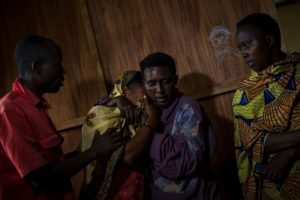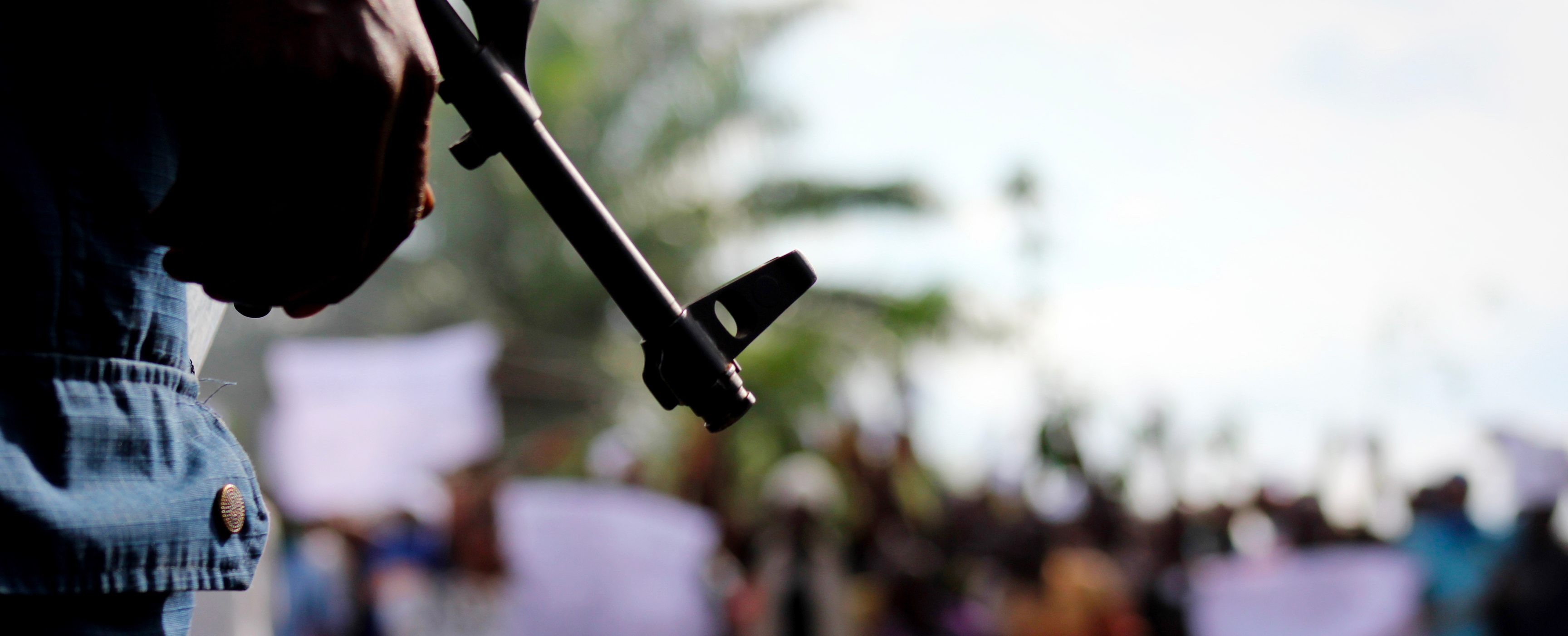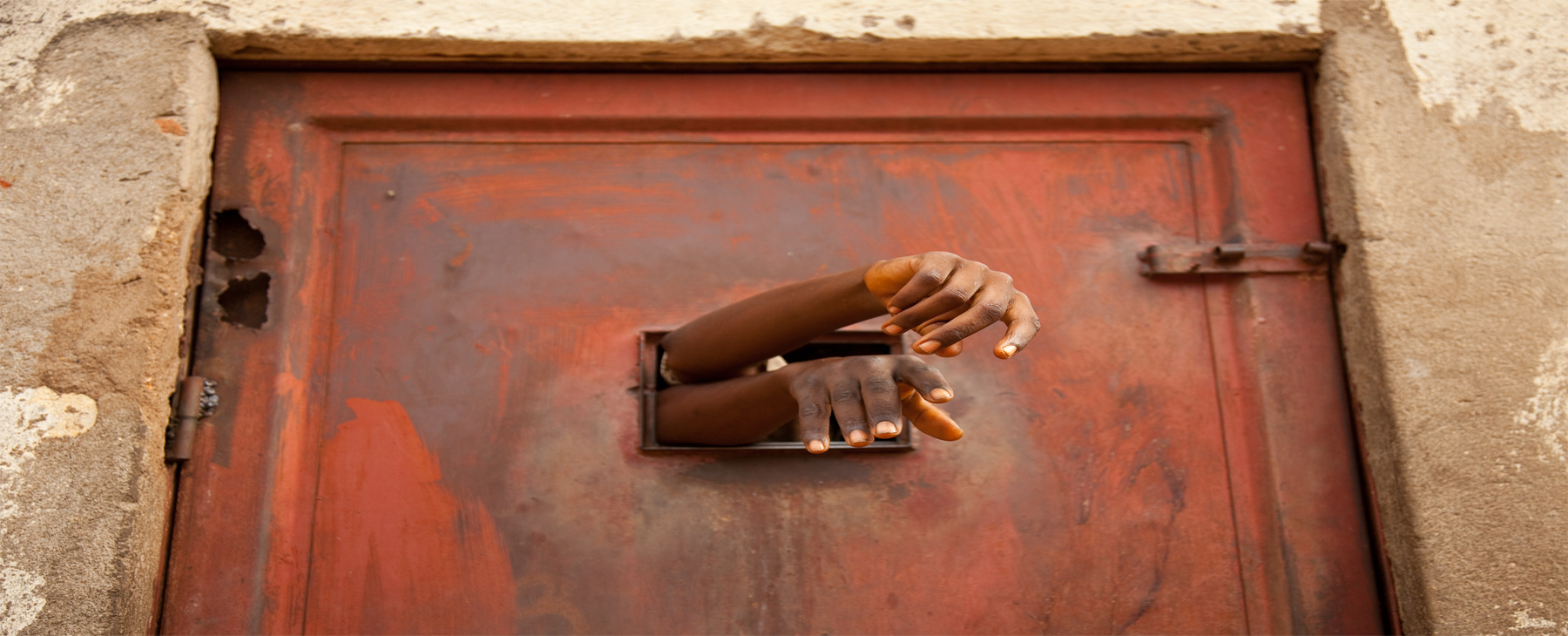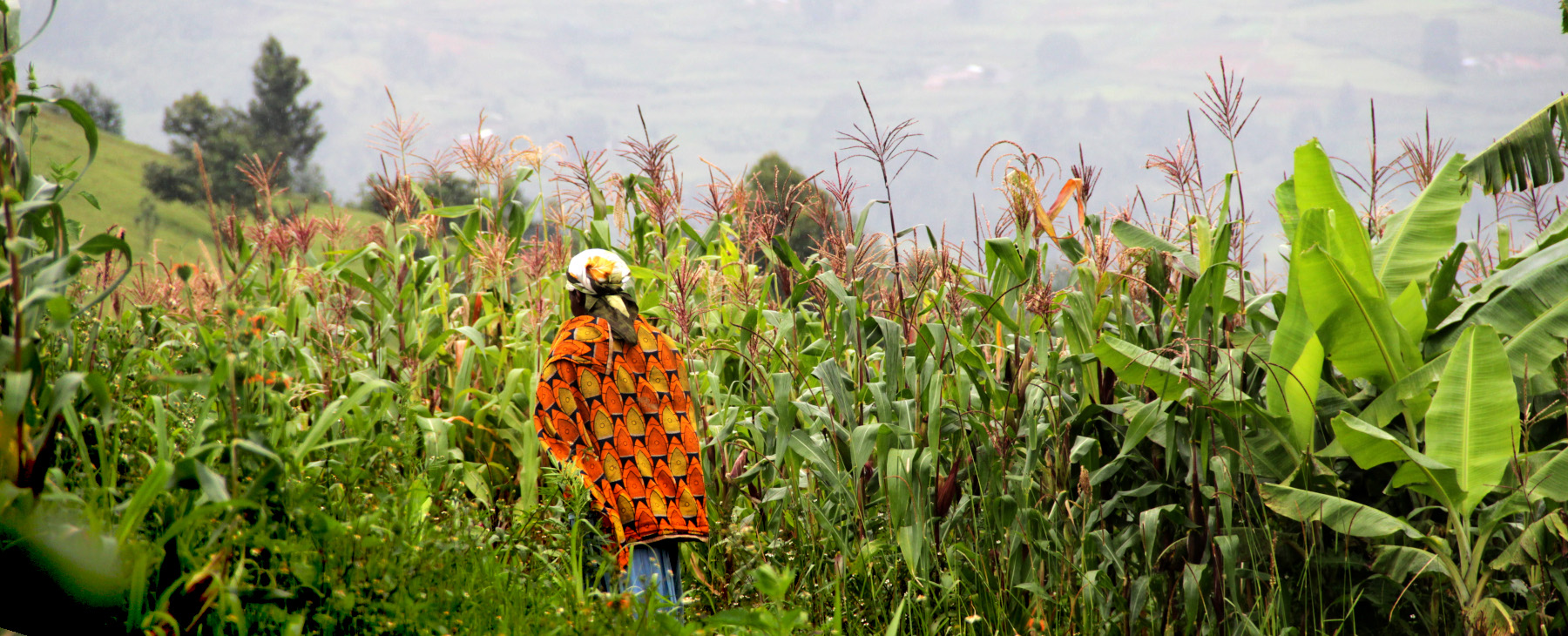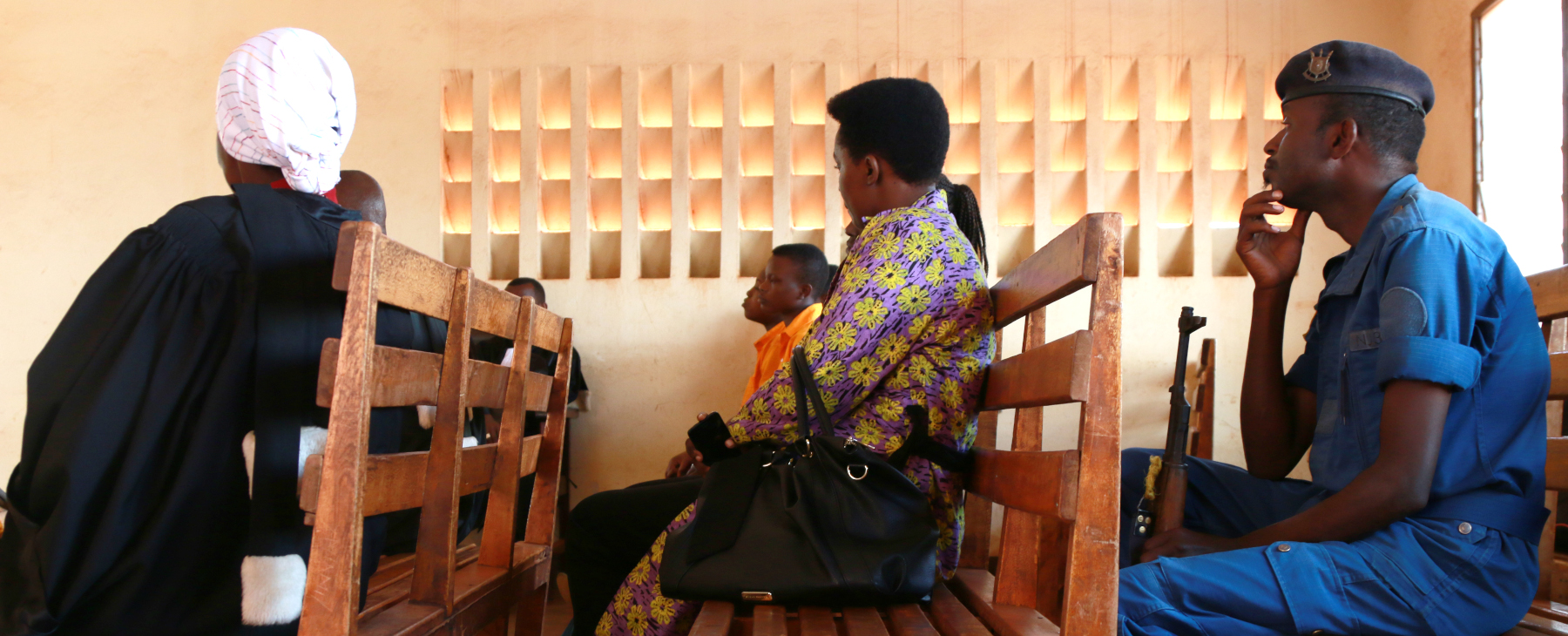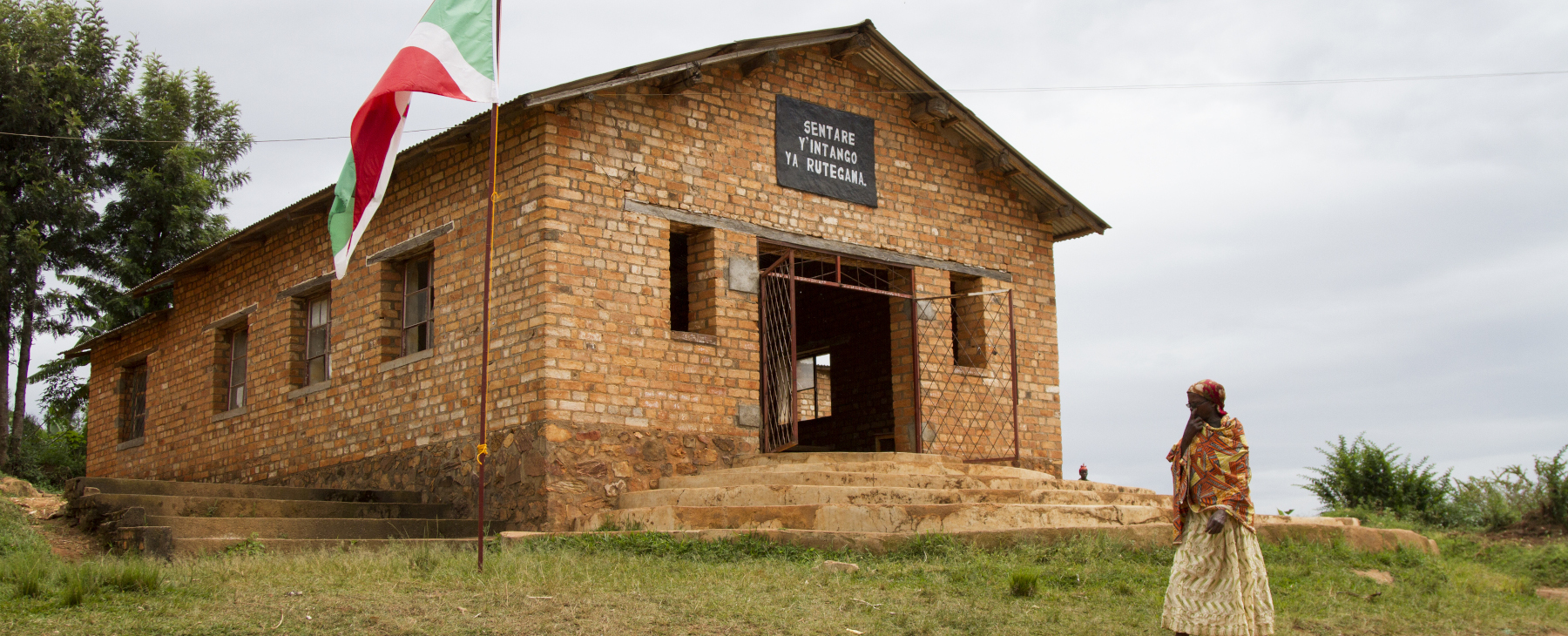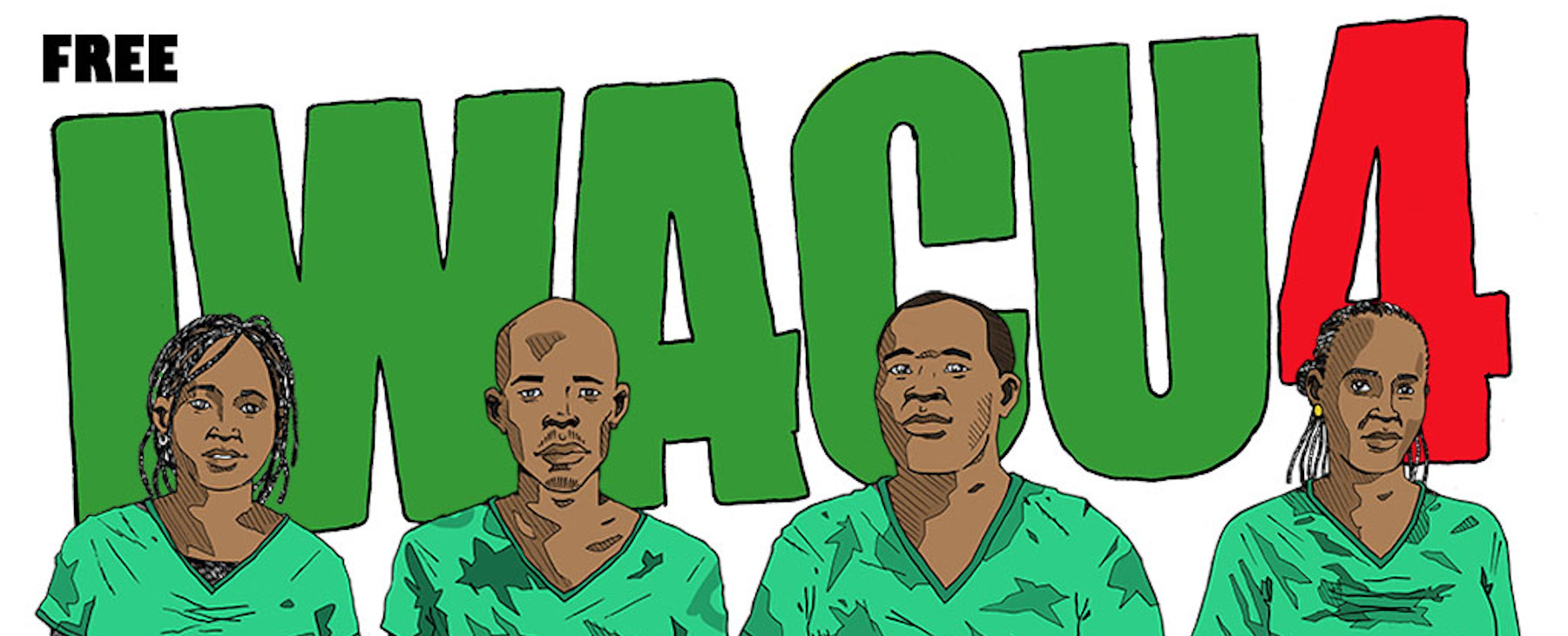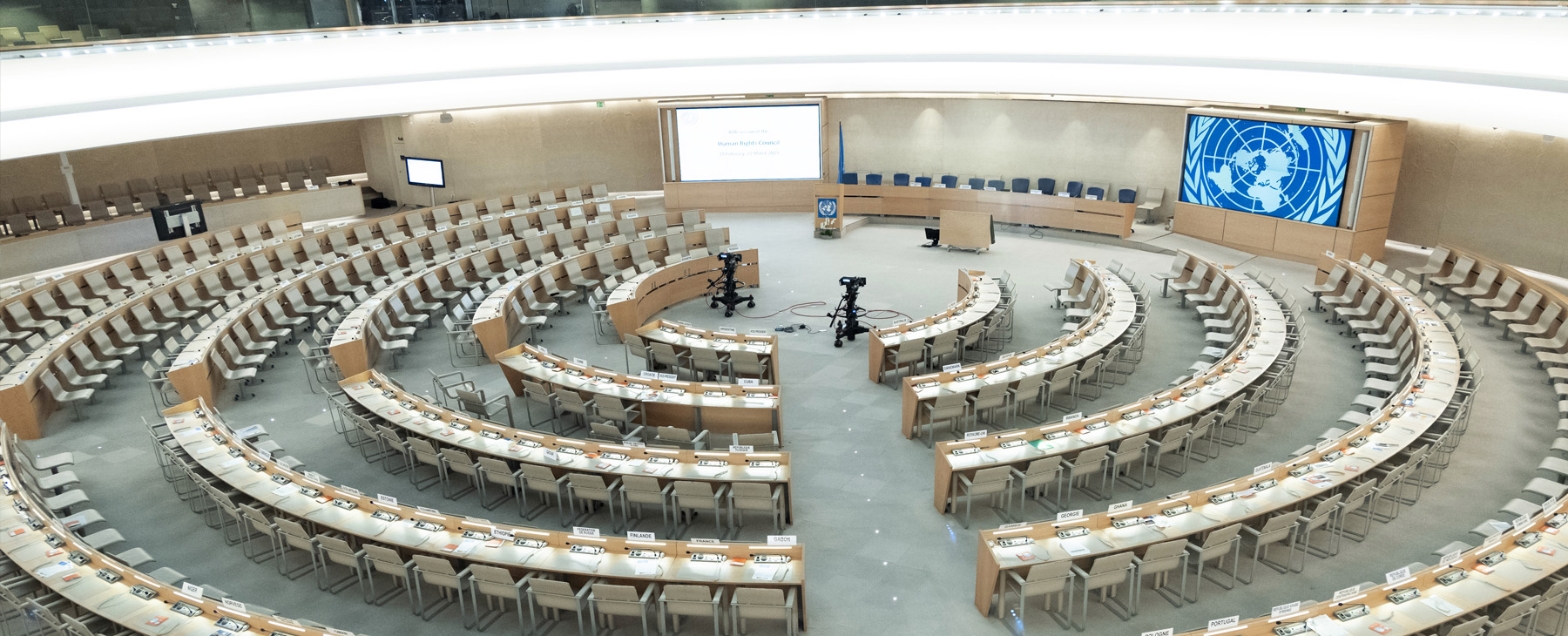Context
Although the civil war ended in 2006, mass abuses are still a reality in Burundi – in particular since the 2015 political crisis. The shortcomings of the judicial system, the climate of impunity and the fear of reprisal are the main obstacles that hinder victims’ access to their rights. From 2011 to 2023, when it ended its programme in the country, TRIAL International supported the victims of serious human rights violations in their pursuit of justice.
Since its independence in 1962, Burundi has suffered several coups and violent clashes between the Hutu majority and the Tutsi minority. The murder of the first democratically elected president, Melchior Ndadaye, in 1993 triggered a civil war that lasted until 2006 and cost the lives of 300’000 civilians.
A ceasefire agreement had been signed in 2000 between the government and the main rebel groups, but two Hutu factions’ refusal to stick to the peace process led to an escalation of violence. In 2006, the last active rebel group – the National Liberation Forces (Forces Nationales de Libération, or FNL) – signed a ceasefire agreement with the government, thereby putting an official end to the Burundian civil war.
In 2015, the country dived into a new cycle of violence when president Pierre Nkurunziza refused to yield power. Since then, the party in power has imposed a full-on clampdown against free media, activists, political opponents and human rights defenders. Everyday life remains tinted by hardship and fear. This “standardized crisis” has led the United Nations to put together an ad hoc Commission of Inquiry, which since 2016 seeks to document mass human rights violations in the country. The International Criminal Court also opened an investigation in 2017.

